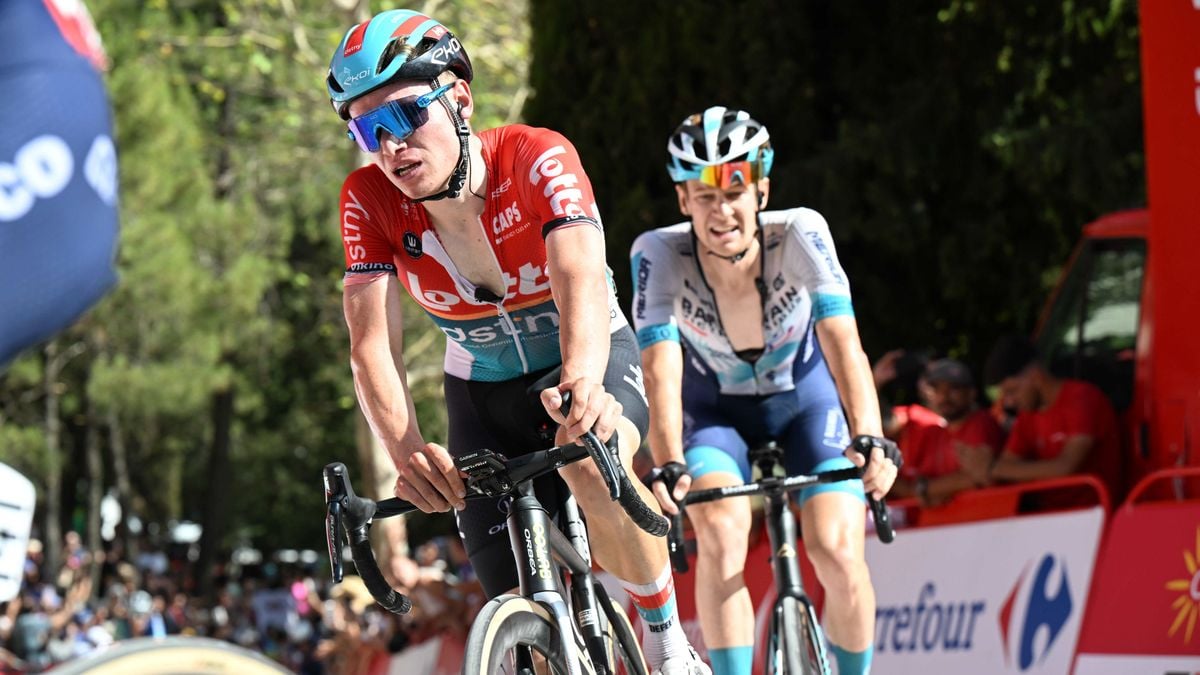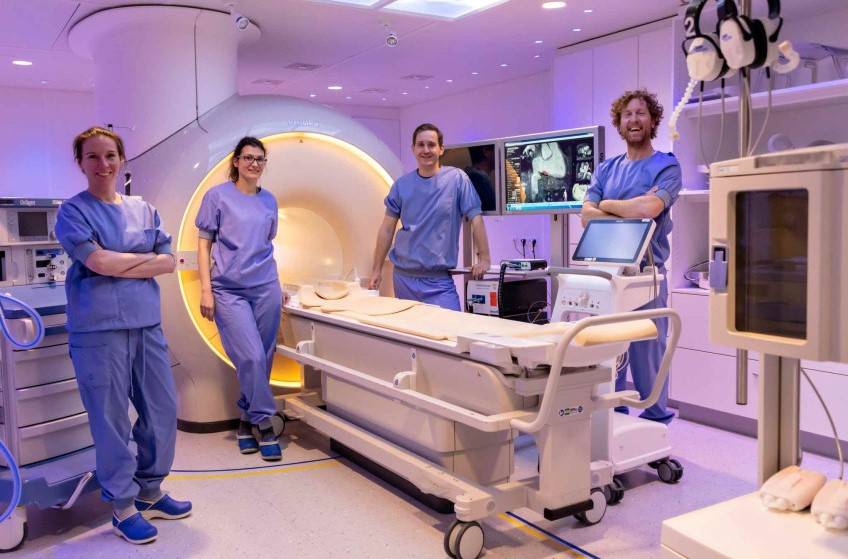An MRI scanner is usually used primarily for diagnosis. But due to new technological possibilities, it is becoming increasingly possible to use such a scanner during treatment. This can take shape in different ways. For example, Catharina Hospital recently got a new radiation machine with it compact MRI scanner. Thanks to the MRI line, doctors at the Katrina Cancer Institute can operate more precisely, and radiotherapy is often required for a number of cancers. Another MRI option has now been developed in Maastricht that allows ablation therapy for patients with arrhythmias while the patient is lying supine in the MRI scanner. A newer treatment option in an MRI scanner is referred to as cardiac MRI.
No harmful radiation
The benefits of this innovation abound to inform those involved in the patient website From Maastricht UMC+. An important advantage of this new technology is that the location of the heart muscle tissue to be treated can be better visualized using MRI, so that the treatment can be performed more accurately. In addition, the MRI scanner does not use harmful radiation, which benefits both the patient and healthcare staff. Moreover, with this new technique, the heart muscle tissue can be remapped immediately after the placement of scars during ablation therapy.
450,000 from arrhythmias
In the Netherlands, approximately 450,000 people suffer from some form of arrhythmia each year. Some of them are treated with ablation therapy, especially if the medications aren’t working well. In this ablation, the doctor deliberately damages the heart tissue at the site of the arrhythmia by heating or freezing. This creates scarring on the heart that blocks the electrical impulses that cause an arrhythmia. Ablation is by catheterization or surgery (keyhole), which is now possible during a live image procedure in an MRI scanner.
Until now, these catheters have been guided through the groin into the heart by X-ray guidance. But repeated exposure to this radiation can be harmful. Various technical innovations now allow these treatments to be performed in the heart using an MRI scanner.
A world first for UMC+ Maastricht
The new form of interventional cardiac MRI represents a real world first. Although other centers have already performed ablation treatments in MRI machines, Maastricht UMC+ goes one step further. The combination of advanced software and proprietary catheters makes it possible to display electrical signals from catheters directly on anatomical MRI images, thus mapping the conduction of electrical currents through the heart. Through this, a three-dimensional model of the heart can be made in which the catheter site can be followed “live” in order to carry out the treatment more accurately.
To make this unique treatment method for arrhythmias possible, extensive collaboration is required on all fronts. Not only among the Departments of Cardiology, Imaging, Anesthesiology and Medical Device Technology (MIT) within Maastricht UMC +, but also collaborations with business partners Philips Healthcare and IMRICOR. So, all parties took home the Team Science award in a big way.
Health and ICT Conference 2023
On January 30, 2023, ICT and Health usher in the new year for healthcare with healthcare’s premier and influential annual conference on healthcare transformation.
To be present too? Book your entry ticket quickly

“Total coffee specialist. Hardcore reader. Incurable music scholar. Web guru. Freelance troublemaker. Problem solver. Travel trailblazer.”









More Stories
Brabanders are concerned about climate change.
The “term-linked contract” saves space on the electricity grid.
The oystercatcher, the “unlucky national bird,” is increasingly breeding on rooftops.